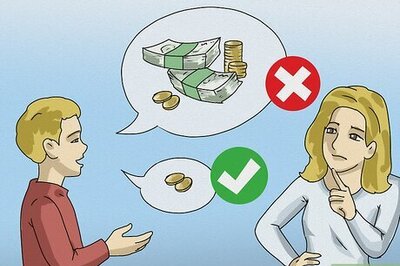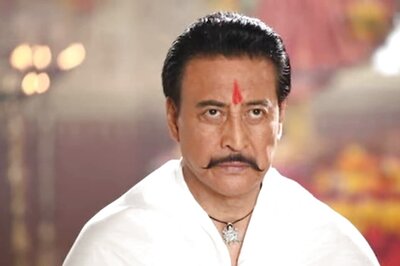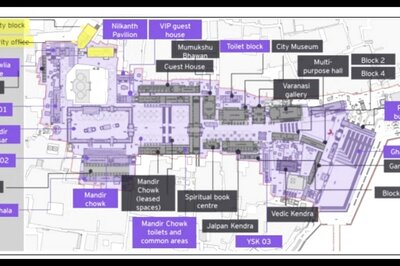
views
New Delhi: Those who cried and suffered due to demonetisation were people who lost their votes and those who were unable to carry out their black money dealings, Prime Minister Narendra Modi told News18 in an exclusive interview.
"People who have suffered due to demonetisation – those who lost their vote bank of the poor and those who were unable to carry out their black money dealings - they are the people who suffered and even today, they are crying," Modi said.
The Prime Minister also responded to a recent criticism levelled at him about not mentioning in his recent campaign speeches the word 'demonetisation', which the opposition leaders have called a "disaster".
Speaking exclusively to Network18 group editor Rahul Joshi, Modi said that the 2017 assembly elections in Uttar Pradesh were "fought on the issue of demonetisation and we came out victorious."
Modi also responded to criticism levelled at him about a 20% rise in cash in the system, and all the currency returning to the system, despite the huge exercise to turn the system cashless, by saying that the rate of currency entering into the system had reduced.
"The fact is, if we go by the earlier rate of currency entering the system, there would have been a far higher volume of currency today [if demonetisation had not happened]. It must be seen in the context of growth in currency figures," Modi said.
Secondly, he added, "Big people whose businesses were hit and exposed by demonetisation have still not been able to recover from the blow. But the common citizen who suffered initially due to demonetisation stood by us." The result of this faith in Modi was BJP's overwhelming success in the big UP assembly polls.
It was because of demonetisation that the formal economy received a big boost, Modi said. If the government hadn't carried out demonetisation, Modi said, "The formal economy would not have been able to take off. Only the parallel economy would have been visible."
Among other positives of demonetisation, Modi counted a rise in number of people paying income tax and a huge crackdown against illegally running companies operating as conduits for Hawala network.
"More than 3.5 lakh companies – hundreds of which operated out of tiny rooms – all illegal outfits that ran a parallel economy, that ran hawala networks and looted the economy, were identified thanks to demonetisation and their operations were stopped. Crores of rupees that were disclosed entered the government coffers," Modi said.
Modi also attributed a fall in property prices because of disappearance of black money.
In a press conference held hours after Narendra Modi and other BJP leaders released the party manifesto, Congress hit back saying that the saffron party had failed to mention demonetisation.
The party spokesperson Randeep Surjewala said that what was missing from BJP's manifesto was any mention of jobs, notebandi (demonetisation), GST and black money.
Demonetisation of high-value currency notes -- Rs 500 and Rs 1,000 notes - was a step taken by Modi on November 8, 2016, to bring back money that was out of the banking system and turn formal economy into a cashless system.




















Comments
0 comment